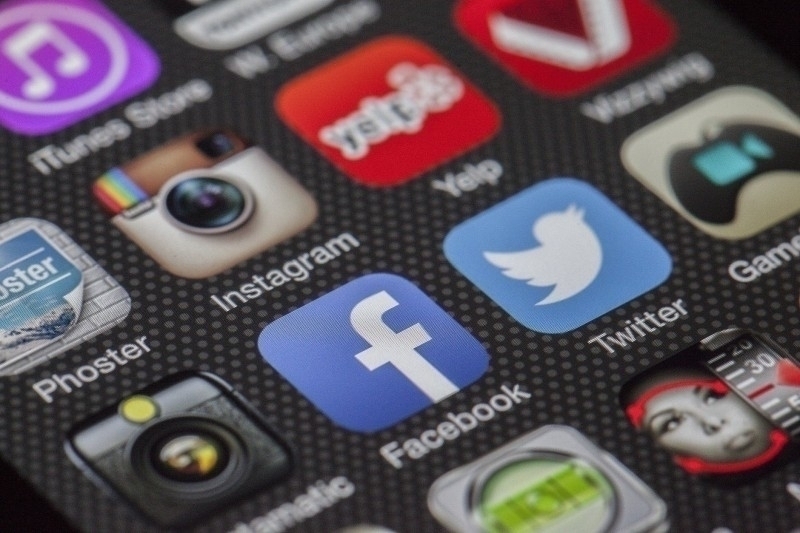As you may have noticed, the whole planet is online nowadays. Try to imagine what we would do without the internet… do you remember how to send a real
letter? Let’s face it: the world’s turned to Web 2.0 and we have to make the best out of it, letting our everyday life be faster and easier.
From person to... user!
AuPair.com defines itself as an
online-matching platform, a place where
Au Pairs and
Host Families can find each other ONLINE. According to the online-world rules, this means that every person must first become a user before starting the
Au Pair experience. Your whole personality, your family, your background must be translated in a coding language, so that every user would be able to get to know you. Creating an
online personality is something that we find as easy as ABC now and that’s why we do not pay so much attention to how we behave on the web: we post and share things, personal information, photos in an unaware stream of consciousness. We should probably stop for a second and think about it, because
we are what we post.
Checking the social accounts
So, what’s the first thing an employer would do before hiring an employee? They would read their CV, organize an interview and, not surprisingly, check the candidate’ social networks. This is something very common, since we tend to view the social accounts as personal, a good hint on one’s personality. And that’s exactly what Host Families and Au Pairs would do. As almost every employer, the Host Family would check the
Au Pair’s Facebook or Instagram profile to find out more information about the candidate. As in our everyday life, everyone checks everyone else online: classmates, teachers, employers, roommates, potential lovers... According to what we find on their profile, we may develop a certain opinion about one person and even judge based on what they post. It is a good enough reason why we should think twice about the things we choose to share with the web community, isn’t it?
What should you avoid online?
Political views, opinions, music taste, personal information… how many things about ourselves have we shared in the last years? Are you sure you want the rest of the world to know how drunk you were in that houseparty in 2016? There is something that can be online and something that simply can’t. We should avoid crazy photos of the last weekend - pictures of last night ended up online, I’m screwed.. Oh well - as Katy Perry might say. It’s good to have a place where you can just be yourself, but remember that your future employer may bump into this archive and who knows what their reactions would be.
Retrace your steps!
Spend an hour of your time - or even more, depending on your social activity - to screen your social accounts and see what’s going on there. I’m pretty sure you will find some old post from 2015, with disturbing language and an embarrassing content. It’s normal to forget your online track when you are submerged by a sea of posts and it’s unsetting to realize that what we posted during a very sad period of our life is somewhere on the Net, ready to be found. What if someone releases your very personal 1990s diary online? It’s exactly the same thing!
Can we start again?
Well, we can start getting better. We should really focus our attention of the recipients of our posts, or on our future self, and try not to embarrass them. Among the things to avoid, there could be confidential information about acquaintances, inappropriate or offensive contents as they may lead to legal consequences. Consider that every user can use those information you share against you. When it comes to politics, be aware of the fact that people may have a certain opinion about you according to what you write.
In a nutshell, even if the whole world turned online, it doesn’t mean that it has become abstract. Online profiles are more than concrete and it’s very important to pay attention on what we post, because
what you post online can be tied to you forever.
Free Registration as Candidate Free Registration as Family